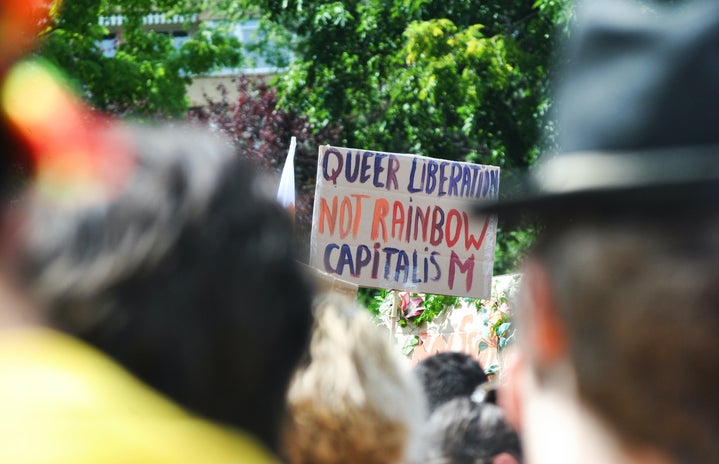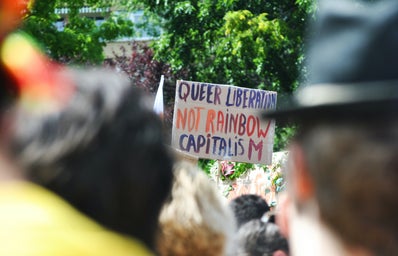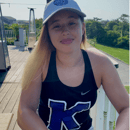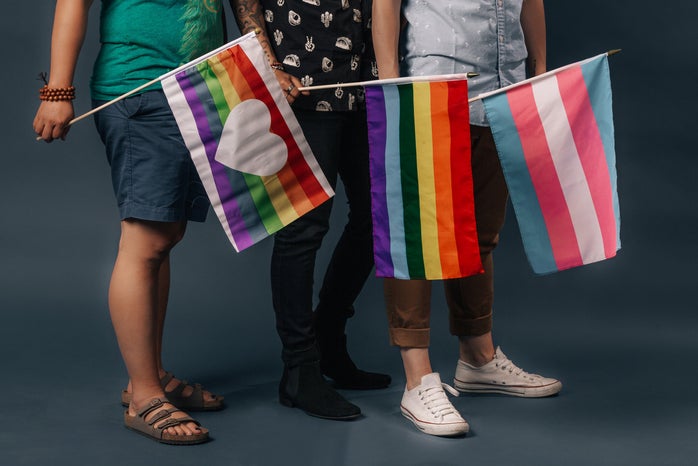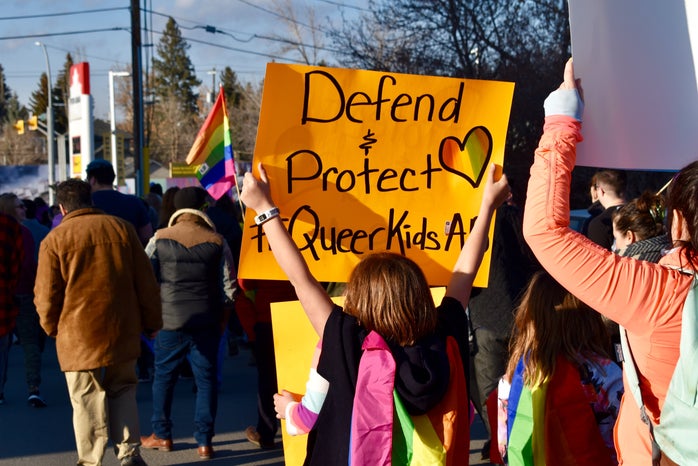Disney has failed the queer community before.
As of 2021, Disney has released at least seven different films claiming to feature their “first gay character,” including animated movies such as Onward and Zootopia. The reason Disney feels the need to advertise these characters as their “first” gay characters each time a new movie came out is solely due to the failure of each “first gay character” preceding the next. Each time a new Disney movie would come out (pun intended) with a new supposed queer character, the character in question would either only be implicitly queer, their sexuality signalled by stereotypical appearance or behavior, or the “miniscule slivers of LGBTQ representation are so brief, so utterly irrelevant to the plot” (Forbes, Di Placido) that they could easily be missed, thus not actually featuring the representation shown. This is how Disney came to be known as a common offender of queerbaiting.
In essence, queerbaiting is when a company or creator specifically advertises LGBTQ+ representation or themes in their show or film in order to gain the attention and following of the queer community but fails to deliver what they advertised when the product is finally released. Now, Disney is not the only offender of this phenomena, as many show creators have profited off their queer fans by teasing viewers about queer ‘ships’ in the fandom that they do not intend on actually making canon in the show. Some famous examples of this include Sherlock, Supernatural, Teen Wolf and Voltron. However, with Disney the impact is different.
Since the 1930s Disney has been a media powerhouse, producing over 500 movies, over 60 of those films being animations. Of those 60 films…
- 39 have received a score over 80% on Rotten Tomatoes (one of the most influential film critic sites to date)
- 37 have been nominated for at least one (many are nominated for more than one) Academy Award
- 13 have won an Academy Award (8 movies won more than one)
Aside from these theater-released animated films, Disney also maintains a stronghold on children and teens through their TV channels, their streaming services, their merchandise and their popular tourist attractions around the world. And, with the Disney company’s strong presence, especially in the United States, it is crucial that they represent and validate every possible identity a child can relate to in order for that child to feel seen. However, as I stated previously, Disney has failed their duty to deliver this representation time and time again while still promoting their self-conceived progressive ways with each new “first gay character” and rainbow Mickey Mouse sticker.
The Owl House shows us that creators are trying to push back and give LGBTQ+ kids the representation they deserve.
Despite Disney’s not-so-successful past surrounding LGBTQ+ representation, one Disney show has been making queer history. Dana Terrace, a bisexual woman and the creator of The Owl House introduced the world to its first openly confirmed queer main character on a Disney show, Luz Noceda, via Twitter in the Fall of 2020. And Luz isn’t the only queer character in the show. Though it is hinted at in previous episodes of the show, it isn’t until “Through the Looking Glass Ruins” that we get official confirmation that Amity Blight, another lead character, is also attracted to girls. Specifically, Amity has a crush on Luz, which she showcases by kissing her (on the cheek) after telling Luz that she “always has a way of sneaking into people’s hearts.” The show goes even further in “Knock, Knock, Knockin’ on Hooty’s Door” when Luz and Amity ask each other out. The episode even concludes with a visual of the two of them blushing at the other as another character refers to them as “girlfriends.”
The show doesn’t just provide representation based on sexual orientation either.
In the episode “Eda’s Requiem,” The Owl House introduced Disney’s first non-binary character, Raine Whispers, who was confirmed to use ‘they/them’ pronouns by the actor who portrays them, Avi Rogue (who is also non-binary).
While Raine is not as prominent a character as Luz or Amity, they still play a vital role in the series’ plot. As head of one of the main nine covens, Raine uses their position of power to discover Emperor Belos’ plans and forms a resistance group that aims to stop the Emperor’s suspiciously nefarious plan. Eda, another main character on the show, joins Raine’s resistance group after it’s revealed that she actually inspired them to create the group in the first place. We also find out in a later episode that Eda and Raine were previously in a relationship, adding yet another main character to the queer community.
It wasn’t easy for Dana Terrace and her team to get this positive representation to the public…and she’s still fighting Disney to get approved to release more content.
From the very beginning, Terrace “was very open about [her] intention to put queer kids in the main cast,” but once the show was officially approved for its first season, she initially “was told by certain Disney leadership that [she] could NOT represent any form of bi or gay relationship on the channel.” Of course, Terrace was eventually allowed to air her content, tweeting that her “stubbornness paid off” and that she was “VERY supported by current Disney leadership.” And though we wanted to believe that to be true, in June of 2021, Alex Hirsch, a contributor to the show, replied to a tweet concerning Disney’s true stance on the recent LGBTQ+ representation in the show.
As the creator of another Disney show whose plans for queer representation were snuffed by Disney executives, Hirsch responded very negatively to Disney tweet for Pride Month. He revealed that in response to the LGBTQ+ material in The Owl House season 2, Disney “made some…business choices that heavily [walked] back much of [the] progress” made by Terrace. Fans later found out that the show was not renewed for a season 4 and will be ending after only 4 episodes in season 3.
We need to show our support for the show in order to possibly get more content.
So after all that work Dana Terrace and her team did to finally provide the queer community with solid LGBTQ+ representation, are we really going to let Disney cancel that progress without a fight? Hell no! In a livestream, Terrace told fans that “the more attention [the show] [gets], the higher the chance we get of getting more content” such as “spinoffs, shorts and comics.” This means that saving the show and the positive representation it presents isn’t a lost cause! By streaming the show on Disney+, buying the show’s merchandise online and sending letters to Disney themselves, fans have the power to possibly change the fate of this historic show. For the sake of queer fans like me and for the rest of the LGBTQ+ community just waiting to see themselves represented in media, it is imperative that we all show our support for The Owl House.
“Representation matters! Always fight to make what YOU want to see!” – Dana Terrace
